International Commissions of Inquiry, Commissions on Human Rights, Fact-Finding missions and other Investigations
Back
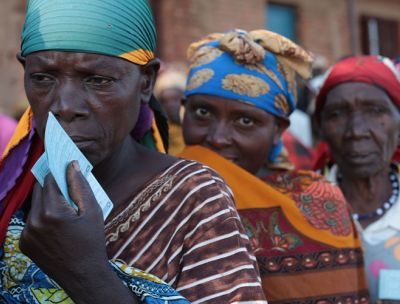
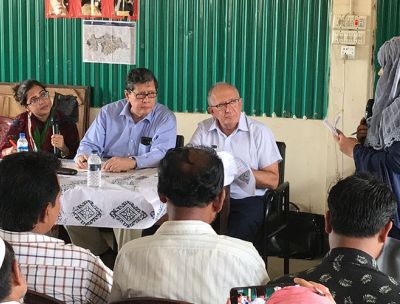
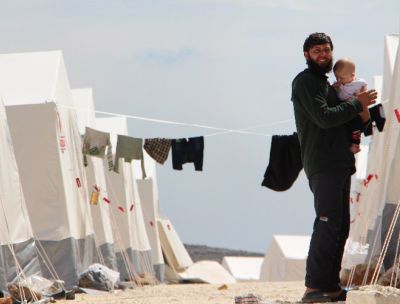
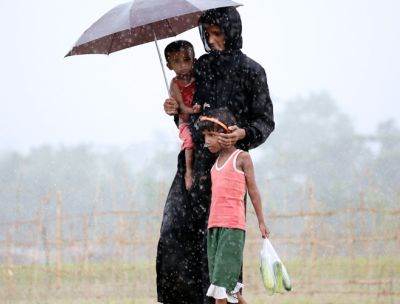
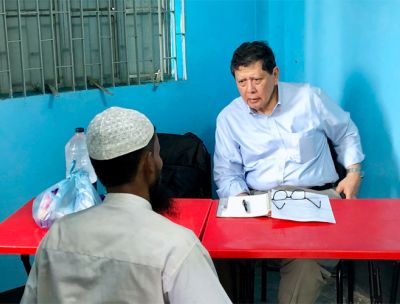
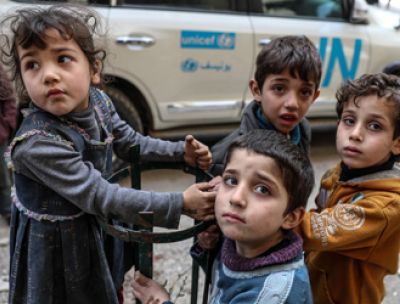
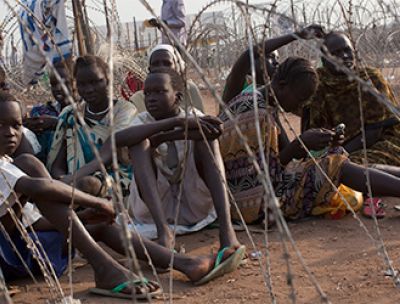
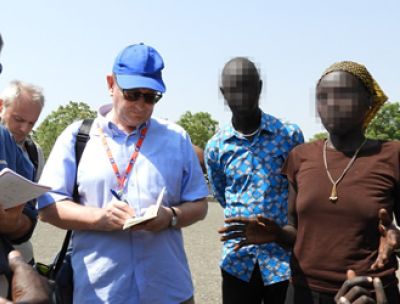
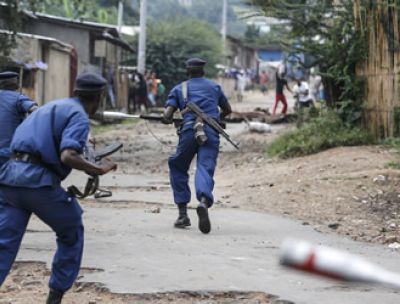
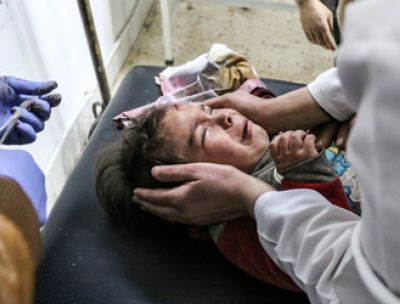
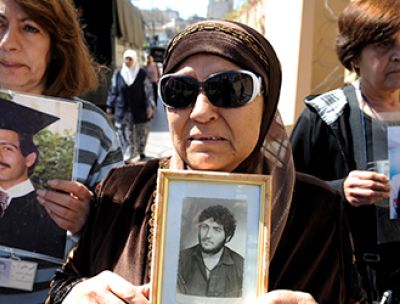
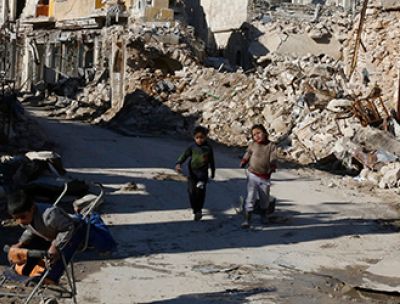

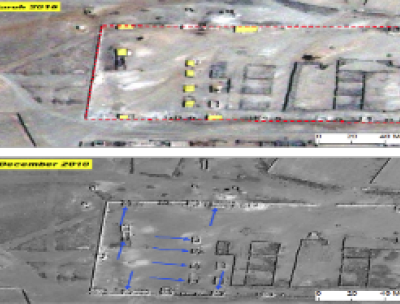
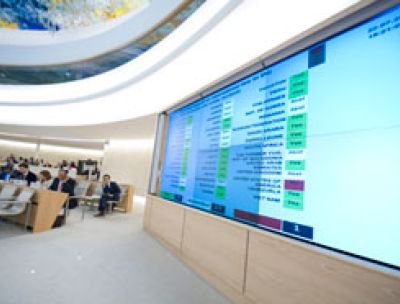
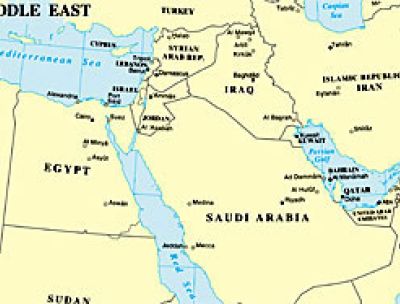
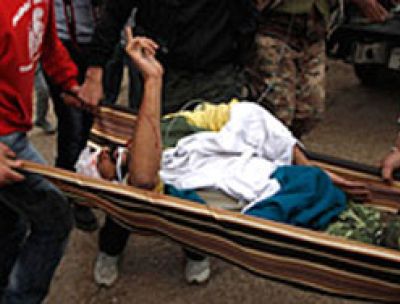
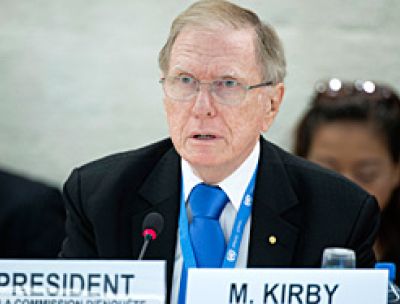
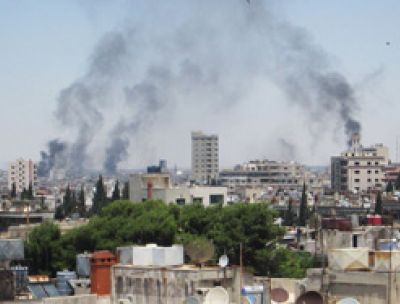
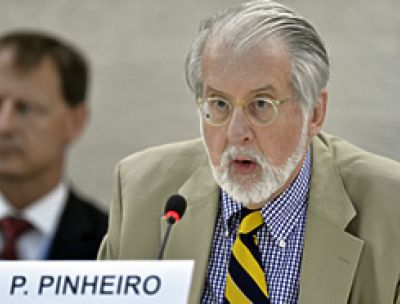
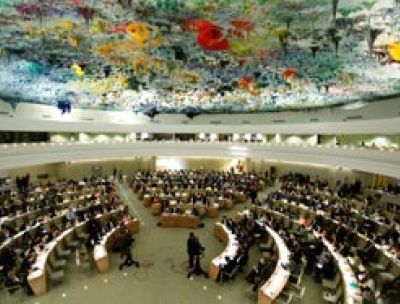
FEATURE STORIES
FEATURE STORIES

No human rights progress despite new presidency, Burundi inquiry finds
The Commission of Inquiry on Burundi outlines the serious human rights violations occurring in the context of the 2020 elections, including summary executions, arbitrary detentions and arrests, torture and sexual violence.

Reporting Back to Myanmar’s Rohingya: The Most Important Report of All
International fact-finding mechanisms set up by the Human Rights Council investigate human rights crises globally and issue reports relying heavily on testimony from survivors and victims. In a rare move, the UN’s Independent International Fact-Finding Mission on Myanmar returned to those communities and reported back to them.

Displaced and afraid in Idlib, Syria
Warring parties in Idlib have given little consideration for civilian lives and have caused massive displacements. UN experts propose recommendations to address the situation of the displaced.

"The truth can be recovered" - the methodology behind fact-finding in Myanmar
Human rights experts of the UN fact-finding mission on Myanmar reveal the methodology they used to assess the credibility of allegations against Myanmar authorities.

Myanmar Fact Finding Mission: accounting for the gravest international crimes
The Independent International Fact-Finding Mission on Myanmar found patterns of gross human rights violations and serious violations of international humanitarian law in Kachin, Rakhine and Shan States, amounting to the gravest crimes under international law. The report calls for Myanmar military generals to be investigated for genocide, crimes against humanity and war crimes.

Syria: the most dangerous place for children?
Civil society actors give the Human Rights Council information on violations of children’s rights in Syria and recommendations on how to protect rights of these children.

South Sudan: Possible war crimes and crimes against humanity
UN Commission on Human Rights in South Sudan calls for reparations for victims of human rights violations in the ongoing conflict.

Human Rights Commission for South Sudan calls for end of impunity for perpetrators of violence
On the fourth anniversary of the outbreak of civil war in South Sudan, the UN Commission on Human Rights in South Sudan calls for an end to impunity for perpetrators of violence.

Burundi - A knife or a steel bar? How would you prefer to be killed?
In 2015, President Pierre Nkurunziza decided to stand for another term as head of state of Burundi. Since then, real or suspected government opponents have been hunted down, tortured or killed. The Commission of Inquiry on Burundi talks of crimes against humanity.

UN human rights investigators decry targeting of civilians in Syria
“The only way to end civilian suffering is to end this war,” the Commission of Inquiry on Syria told the Human Rights Council, as the conflict rages into its seventh year.

Protecting the rights of detainees in Syria
Protection of detainees and the disappeared in Syria was the focus of a recent panel discussion held during the Human Rights Council in Geneva. The discussion focused on the experiences of former detainees as well as providing some ways forward.

Attacks on Syrian civilians and aid workers in Aleppo were war crimes
“The scale of what happened in Aleppo is unprecedented,” the UN Commission of Inquiry on Syria said, issuing its new report. The Commission found war crimes were committed by government forces and opposition groups in the brutal battle to control Aleppo.

Out of sight, out of mind: deaths in detention in Syria
Syrian men, women, and children have been transferred to one of the dozens of official or secret Government-run detention facilities in the Syrian Arab Republic. Thousands of them have been killed while in custody.

More satellite images to assist human rights work
Satellite imagery plays a vital role in helping to substantiate and help corroborate other sources of information, including witness testimonies, of human rights violations. A recent agreement between the UN Human Rights Office and UNITAR’s Operational Satellite Applications Programme (UNOSAT) hopes to expand the use of this technology for human rights work.

An independent, international commission of inquiry to investigate the conflict in the occupied Palestinian territories
Meeting in Special Session to assess the situation in Gaza, the UN Human Rights Council votes to urgently dispatch an independent, international commission of inquiry to investigate all violations of international humanitarian law and international human rights law in the occupied Palestinian territories from the start of the current military operation.

The conflict in Syria reaches a tipping point: violence at unimaginable levels
Warning of a regional war in the Middle East, the Independent International Commission of Inquiry on Syria foresees violent repercussions in Syria from events in neighbouring Iraq.

Assault on medical care: a distinct and chilling reality of the civil war in Syria
The Independent International Commission of Inquiry on Syria, in a special report to the 24th Human Rights Council meeting in Geneva has focused attention on the assault on medical care of the sick and wounded, as one of the “most alarming features of the Syrian conflict.”

“Unspeakable atrocities” reported by the UN Inquiry into the Human Rights Situation in North Korea
The chair of the UN inquiry investigating human rights in North Korea has called on the global community to respond to a situation which indicates a large-scale pattern of abuse that may constitute systematic and gross human rights violations.

Commission of Inquiry on Syria: civilians bearing the brunt of the “unrelenting spiral of violence”
The Commission of Inquiry on Syria alerts the Human Rights Council on escalating levels of violence and renews its call for a diplomatic resolution of the conflict in Syria.

More human rights abuses in Syria as conflict escalates - Commission of Inquiry
The Commission of Inquiry on Syria presents its report to the Human Rights Council on the events in Al-Houla, amidst fears of further militarization of the crisis and worsening human rights violations in Syria.

UN Human Rights council holds a fourth special session to discuss the Syrian crisis
In a statement read on her behalf by Marcia V.J.Kran, Director at the UN Human Rights office, Pillay called for an “immediate end to all forms of violence and human rights violations by all parties.”
